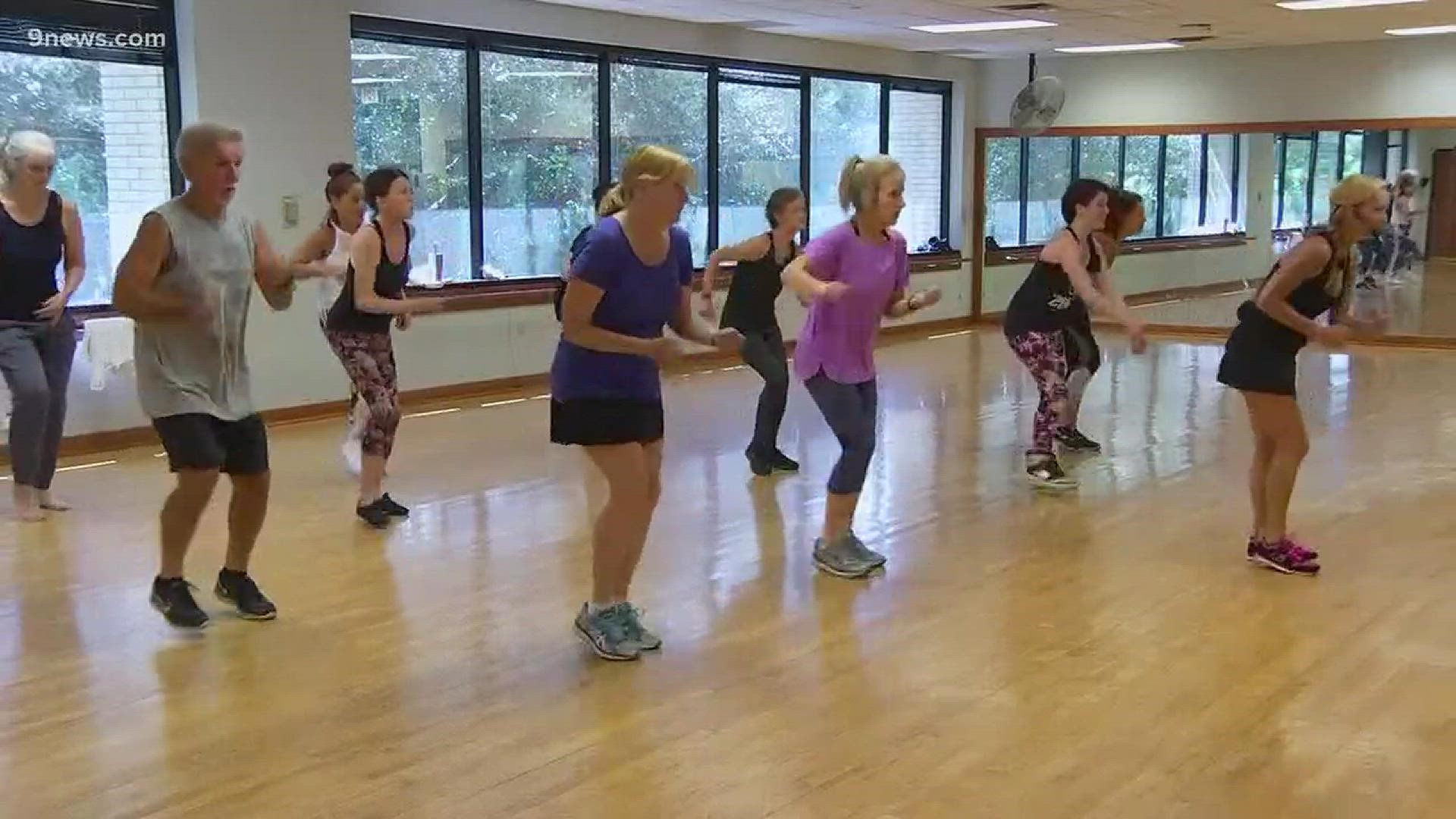KUSA — Just last week, the Department of Health and Human Services released its update to the Physical Activity Guidelines for Americans. Here are your quick facts about the about the new guidelines.
1) How much physical activity are you supposed to get every day?
For adults:
- At least 150-300 minutes of moderate physical activity every week (30-60 minutes per day for 5 days a week) OR, at least 75-150 minutes of vigorous activity every week (15-30 minutes per day for 5 days a week).
- Mix in at least 2 strength training sessions per week.
For kids:
- 3-5 years old should be encouraged to be active all day.
- 6-17 years old should get at least 1 hour of physical activity per day, and muscle strengthening 3 times per week.
- For all kids, whether they are outside and running around on the playground or playing in the backyard riding bikes and playing ball, the type of activity does not matter. Just get them out doing something away from those computers, mobile devices and TV screens.
2) Of the activities you do daily, which ones are considered moderate to vigorous exercise?
- Anything that gets your heart rate up, and gets you breathing a little harder than normal is moderate (e.g. brisk walk, water aerobics).
- Vigorous exercise gets you breaking a sweat, and out of breath (e.g., running, cycling, jumping rope). So, get out those walking/running shoes, play some tennis, ride a bike, or go for a swim. Basically, find what makes you happy and healthy!
3) Is there a minimum block of time that is needed to get the benefits of exercise?
This is a change from the prior guidelines. It used to be you needed to exercise at least 10
minutes to get the benefits. Now, we recognize there is no minimum amount of time. If using
the stairs instead of the elevator takes you five minutes, that’s great! Those 5 minutes get added
to your daily physical activity goal of at least 30 minutes of moderate activity.
4) True or false? Physical activity only benefits your heart.
False. The benefits of physical activity extend way beyond the heart. Exercise has been shown to reduce the chance of certain types of cancers, reduce the risk for getting dementia, helps with
fall prevention, and of course, may lengthen your life.
Follow 9NEWS Medical Expert Dr. Comilla Sasson on Facebook and Twitter. Have a medical question or health topic idea? Email Dr. Comilla at c.sasson@9news.com

